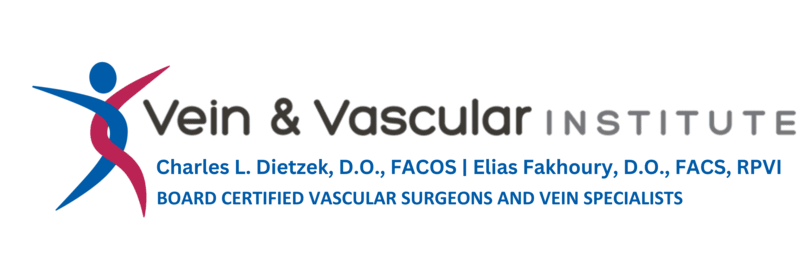A vein clinic can help get rid of varicose and spider veins, and it may be time to visit one if yours are getting to be more than you can stand. You may already have experience with specialists, such as endocrinologists, heart doctors, or gastroenterologists, but not everyone expects to go to a vein clinic for treatment. You may not know what to expect or what a vein center does. The following are five things to know before you visit a vein clinic.
1. Vascular surgeons are full-fledged doctors.
Vein doctors are not just beauticians. They are full-fledged medical doctors, having gone through medical school and completed a residency before being allowed to practice. Many vascular surgeons have board certifications, indicating that they have a certain amount of experience and meet other criteria for remaining certified.
2. You can try treating varicose veins at home first.
Before going to a vein clinic, you can try some simple home remedies to get rid of varicose veins or stop their progression. Examples include icing your legs, elevating them when you sit or lie down, and making sure you break up long periods of time sitting or standing by moving around. If your home treatment is not effective, you can contact a vein clinic to get more aggressive treatment from doctors.
3. Vascular surgeons do not treat all varicose and spider veins with the same methods.
The choice of methods for your vein treatment can depend on the size of your varicose and spider veins. Microphlebectomy, for example, is often the treatment of choice for medium varicose veins, while endovenous laser therapy can work for larger varicose veins. Ultrasound-guided sclerotherapy is appropriate for smaller varicose veins and spider veins, while laser ablation is an approach for smaller spider veins on the face.
4. You may see results very quickly.
While varicose and spider veins can take years to develop, and may have waited a long time before seeking New Jersey vein treatment, you can see results very soon. In many cases, your varicose or spider veins can begin to disappear after the first appointment.
5. Your health insurance company may cover your expenses.
Health insurance providers may cover your expenses for varicose vein removal if your varicose veins are a medical condition. This can be the case if they are causing your legs to swell or burn and itch. Treatment for smaller varicose veins may not be eligible for reimbursement if they are a strictly cosmetic problem. Your health insurance is unlikely to cover treatment for spider veins, since this kind of New Jersey vein treatment tends to fall in the category of cosmetic procedures.
